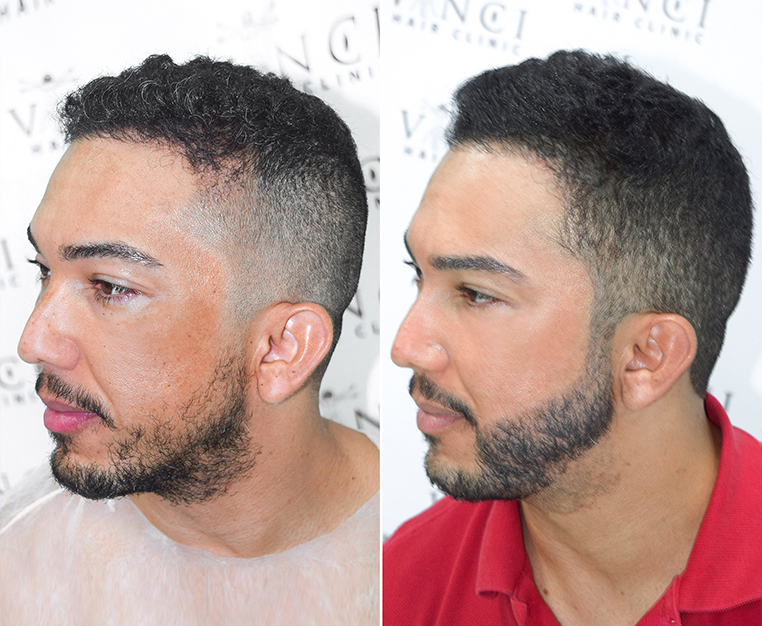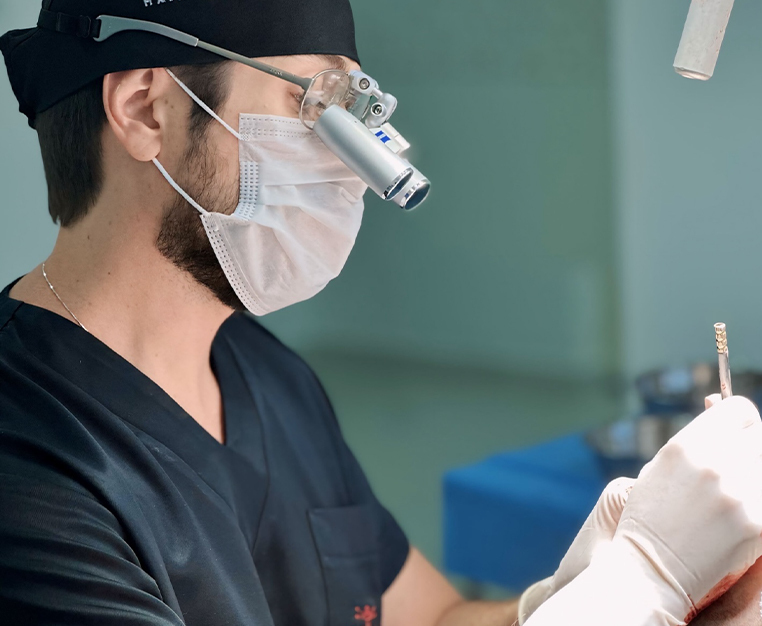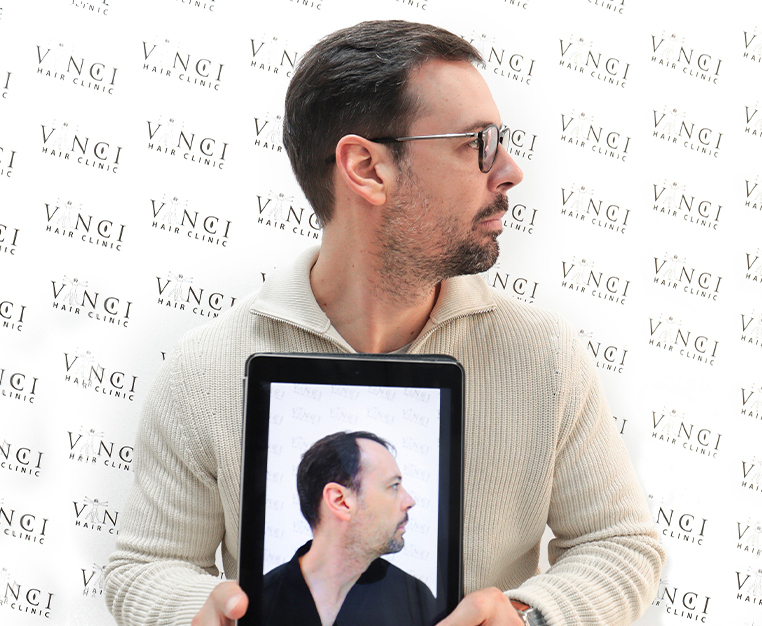Everyone likes a drink, right? Well, maybe not everyone. According to the National Epidemiological Survey on Alcohol and Related Conditions (NESARC), 30% of citizens in the United States don’t touch a drop. In the UK, figures compiled by the Office of National Statistics show that about 20% of the adult population is teetotal.
That still leaves a huge number of us who enjoy drinking alcohol to a greater or lesser extent. Most people are aware of the pros and cons of doing so. We know the pleasures of sharing a few drinks with friends, but we also know the negative social and health consequences of too much alcohol. Not so well understood is the fact that alcohol can be bad for your hair. Keep reading to find out why!
What is Alcohol?
Alcohol has been around for thousands of years in many different cultures. In chemical terms, it’s a psychoactive substance. That simply means it affects the brain and changes the mood of the person consuming it. You knew that already, of course; the only reason why people drink alcohol at all is to get that mood-enhancing buzz. Alcohol makes us all a bit less uptight, helping us to have a good time and relax.
That’s the benign, sugar-coated version of alcohol. As we all know, it has a much darker side, too. The truth is, if alcohol was discovered today, it would probably be categorised as a Class A drug and made illegal. That debate is for another time and place. What we’re looking at here is the effect drinking has on our hair.
Worse Than Useless
What differentiates alcohol from most other food and drink is that it has no nutritional value at all. The calories it contains are of absolutely no use to you unless you’re trying to gain weight, in which case, party on; gram for gram, alcohol contains almost as many calories as pure fat. And it gets worse. Not only does alcohol contribute nothing nutritionally, but it also messes with other stuff that is doing us some good. It does this by inhibiting the body’s efforts to absorb and break down nutrients from other foods. Nutritionally, it’s worse than useless, in other words. This is bad news for your general health and, more specifically, the health of your hair.
Malnutrition
That’s because thick, healthy hair doesn’t just happen by accident. It results from a combination of good haircare habits and a healthy diet. Your body needs certain nutrients to grow hair and to replace it when it falls. Omega-3 fatty acids, for example, are important for hair growth and shine. They aren’t produced naturally by your body, so they need to come from foods like mackerel, sardines and salmon. Iron, too, is essential for new hair growth and can be found in cereals, grains, soybeans and beef. Folic acid and a range of vitamins have also been linked to hair growth by several studies.
It is the absorption of these nutrients that are most affected by alcohol, and it is a lack of these same nutrients which leads to malnutrition and hair loss.
Dehydration
The other major adverse effect of alcohol is dehydration. Alcohol is a diuretic, meaning that it makes you urinate more than if you were to drink a similar quantity of water. Regularly drinking alcohol, therefore, can lead to an individual being consistently dehydrated. Over time, this can result in hair follicles drying out and the occurrence of noticeable hair thinning. Dehydration also causes brittle hair and breakage as well as electrolyte imbalances that produce higher acid levels in your blood. Higher acidity levels have been associated with faster rates of hair loss.
Remedial Steps
If your alcohol intake has adversely affected your hair, there is some good news; it’s fixable. A programme of healthy eating and better hydration should see your strands restored and repaired within a few weeks. That won’t happen, however, unless you moderate your consumption of alcohol. That’s the first and most important step you must take to remedy the situation.
Conclusion
Alcohol can be one of life’s pleasures providing you’re in control of your drinking, but just like everything else you consume, it has implications for your health and your hair. While there is little evidence to suggest that moderate drinking directly damages our hair, it can have an indirect impact. Understanding this may help you keep your relationship with alcohol under control and your hair in good condition.
Vinci Hair Clinic can help you if you have concerns about your hair. We are one of the world’s leading hair restoration organisations with an unrivalled range of treatments and procedures. Vinci offers a free, no-obligation consultation to all our new clients. Get in touch and book your appointment today!





